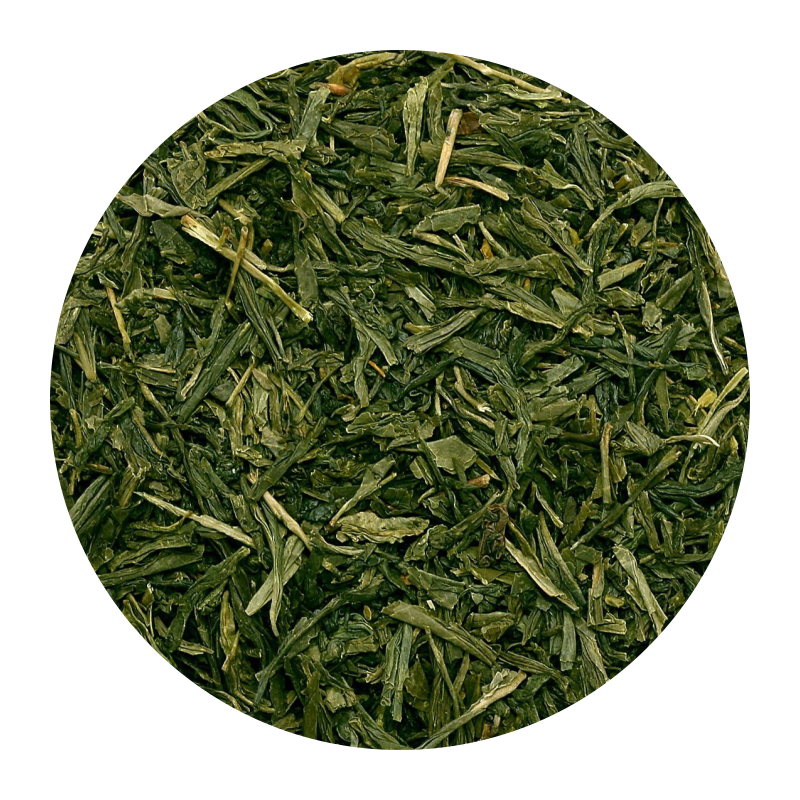The beautiful trend of the global tea market moving toward healthier alternatives is not always unique to India. As part of the growing characteristics, matcha and sencha, two traditional Japanese new teas, have grown in popularity in India. Matcha is more well-known in India than Sencha India, despite the fact that both teas have similar origins and health benefits. Understanding the elements that led to Matcha’s brief rise and how it stands up against Sencha provides insight into the shifting preferences of customers.
The Development of Matcha in India: Factors Contributing to Its Adoption
Greater Nutritiousness In contrast to Sencha
Matcha is more nutrient-dense than Sencha since it entails drinking the complete tea leaf rather than just an infusion, even though both have many health advantages. You can get the same health advantages from drinking one cup of Matcha as one might receive from drinking several cups of brewed green tea and Sencha. People who want the most health benefits from their tea often choose matcha because of its high antioxidant, amino acid, and vitamin content.
The Ritual Aspect and Mindful Tea Drinking
Japanese tea traditions have long used matcha, which is created by whisking the powder into a sweetened drink. Many Indians who value mindfulness exercises and the skill of slowing down in their daily lives have found resonance in the ritualistic part of Matcha intake. Making matcha is a soothing ritual that fits in nicely with India’s growing interest in mindfulness and meditation techniques.
The Position of Sencha in the Indian Market
Sencha is still not as well-known as Matcha, despite Matcha’s rising popularity. That does not imply, however, that Sencha does not have a fan base.
Conventional Tea Drinkers
One of the world’s biggest consumers of tea in India, and traditional tea aficionados frequently favor the brewing method used for teas like Sencha. Sencha is a more approachable choice for individuals wishing to sample Japanese green tea in its traditional form because it involves the well-known process of steeping tea leaves. People who prefer a strong, slightly astringent flavor would enjoy Sencha’s taste profile, which is more akin to Indian green tea.
Accessibility and Affordability
Sencha is frequently thought of as being less expensive than matcha. Sencha is a more affordable option for individuals who wish to sample Japanese teas without having to pay the premium price tag because Matcha can be more expensive due to its labor-intensive nature. Additionally, though not as widely as Matcha, Sencha has been offered in a few specialty tea shops and health food stores in India.
Appeal to Tradition and Culture
Sencha offers a genuine flavor of Japanese culture to tea lovers who value the customary Japanese tea-drinking experience. Sencha appeals to people who like simplicity in their tea rituals because of its easy brewing method. Sencha thus maintains a specialized market, particularly among India’s more established tea consumers.
Comparing the Health Benefits of Matcha and Sencha
Although matcha and sencha both have many health advantages, they differ significantly in their nutritional profiles.
Levels of Antioxidants
Compared to Sencha, matcha has more antioxidants due to its whole-leaf intake. Catechin is the main antioxidant in both teas, but Matcha has a lot more because the whole leaf is eaten. Because of this, matcha is especially good at battling free radicals, which are linked to several health problems.
Content of Caffeine
Matcha typically has more caffeine than sencha. By encouraging calm alertness rather than a panicked rush, the amino acid L-theanine, which is found in matcha, assists in preventing the effects of caffeine. For those who are particular about caffeine, sencha is a lighter option because it also contains caffeine but in smaller amounts.
Weight Loss and Metabolism
Sencha and Matcha are both well-known for increasing metabolism and helping people lose weight, but Matcha is more successful at accelerating fat oxidation and raising metabolic rate due to its higher EGCG content. As a result, matcha has gained popularity among people seeking natural weight loss assistance.
Prospects for the Future: Will Sencha Overtake
Sencha’s prospects in India appear bright as long as Indian customers continue to experiment with novel and unusual health trends. On the other hand, Matcha’s solid position in the health and wellness industry indicates that its appeal will only increase. Matcha is a tea that fits in well with changing Indian consumer preferences because it combines health advantages, culinary versatility, and involvement in contemporary wellness practices.
Conclusion
Due to its many uses in food and drink, social media impact, and health trends, Matcha India has been increasingly popular in India in recent years. Although Sencha is still a well-respected green tea with its allure, Matcha has gained popularity in India due to its strong nutritional profile and cultural significance. Both Matcha and Sencha are expected to continue playing their respective roles in India’s changing tea culture, satisfying a range of tastes and preferences, as consumer awareness increases.


